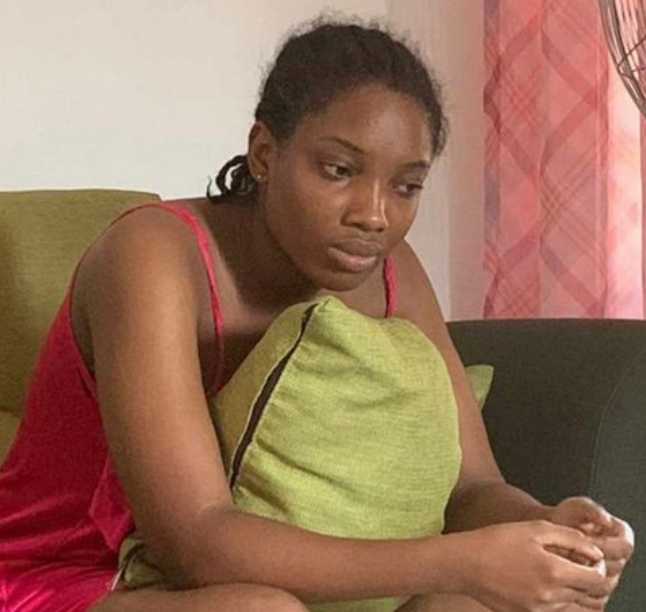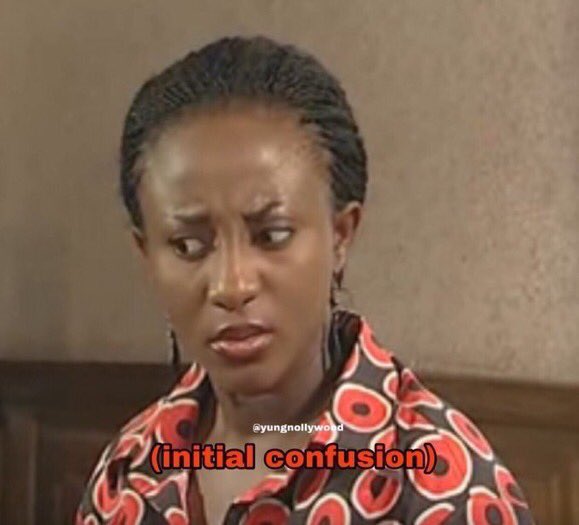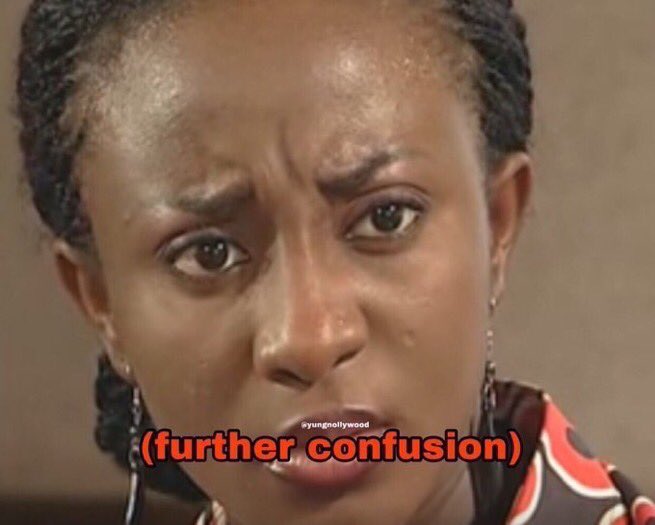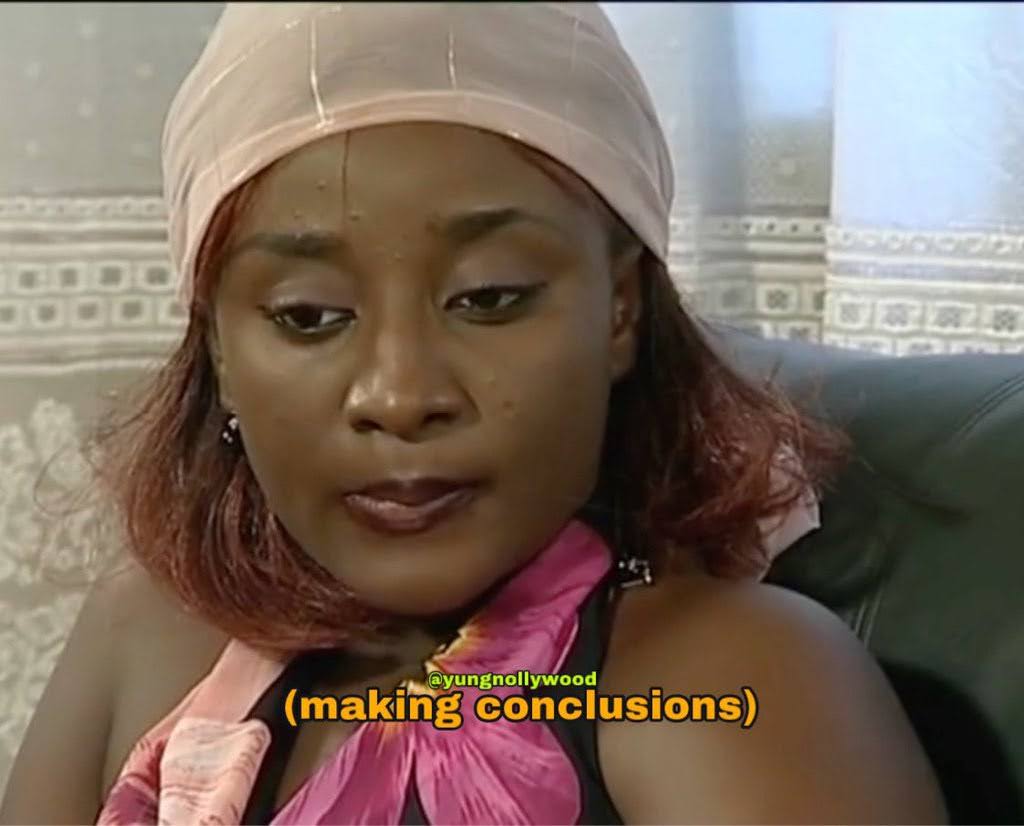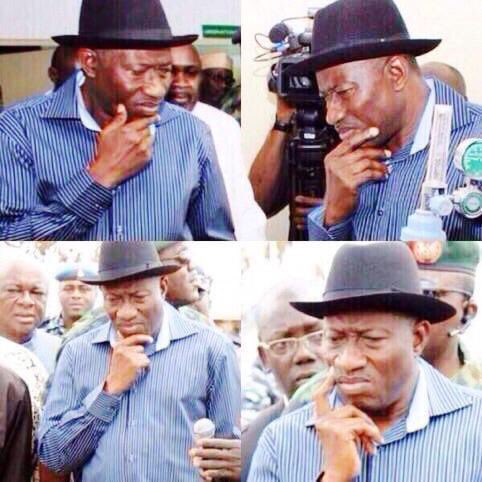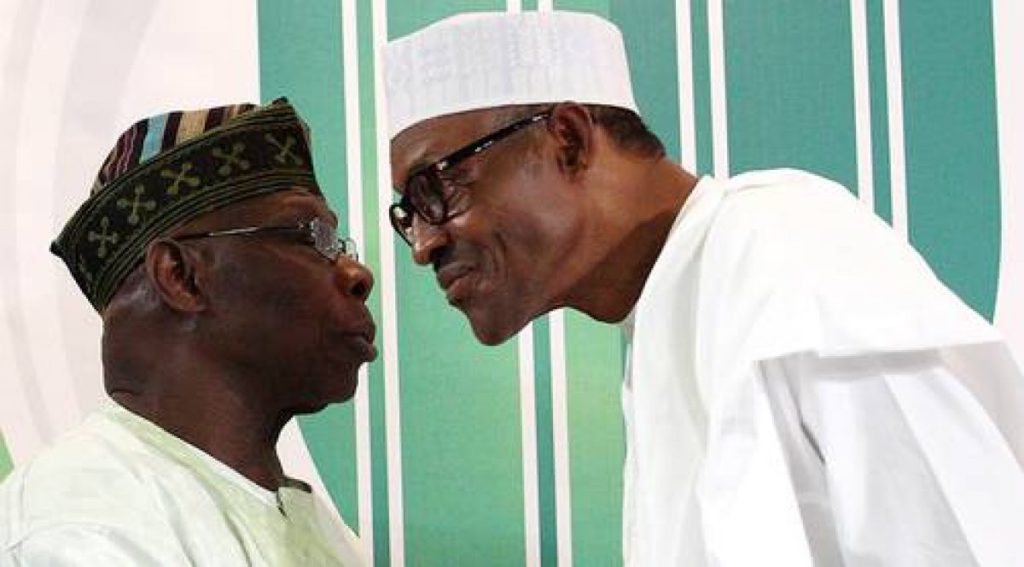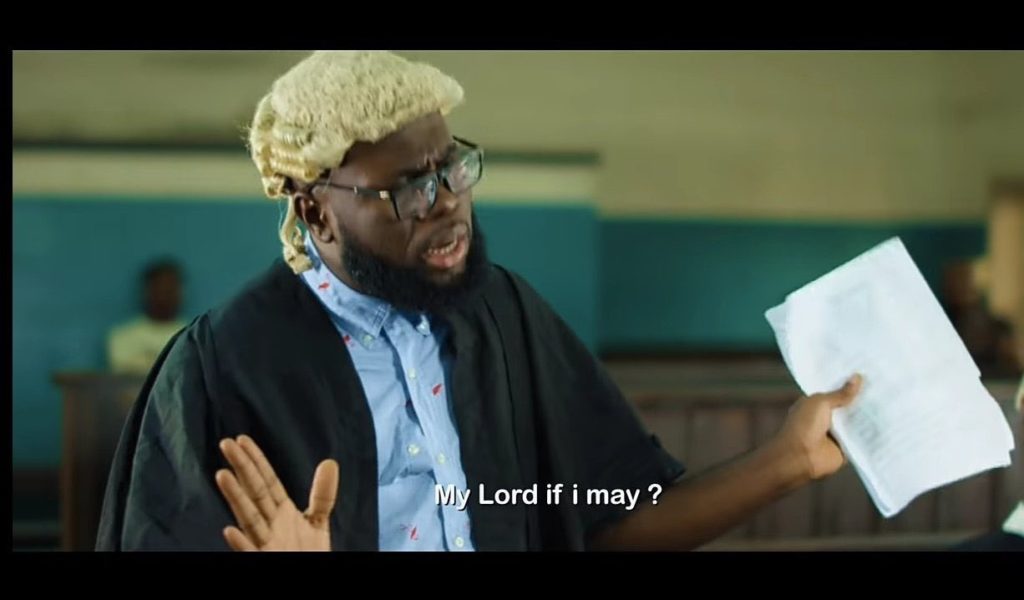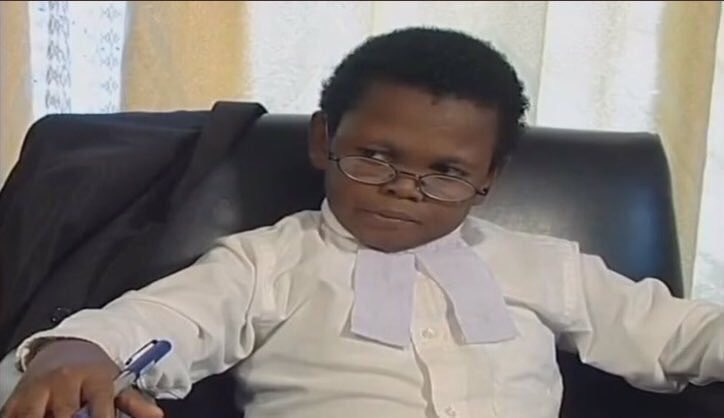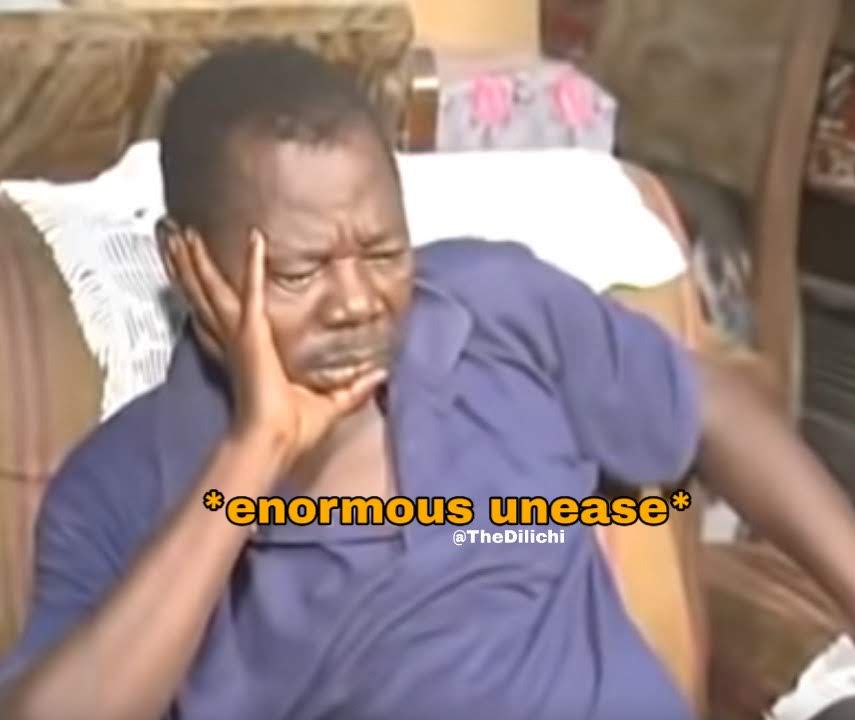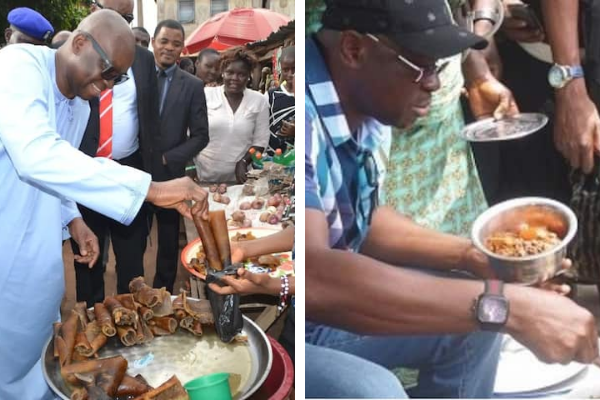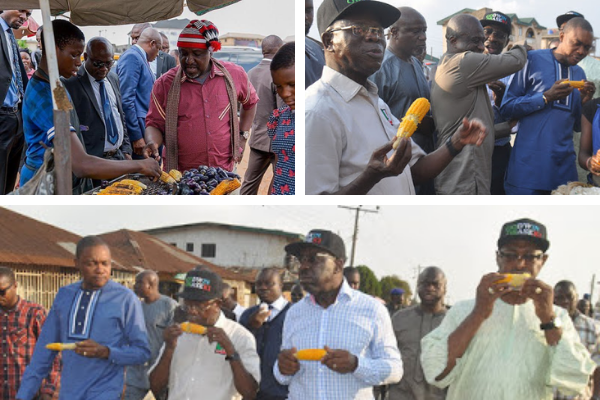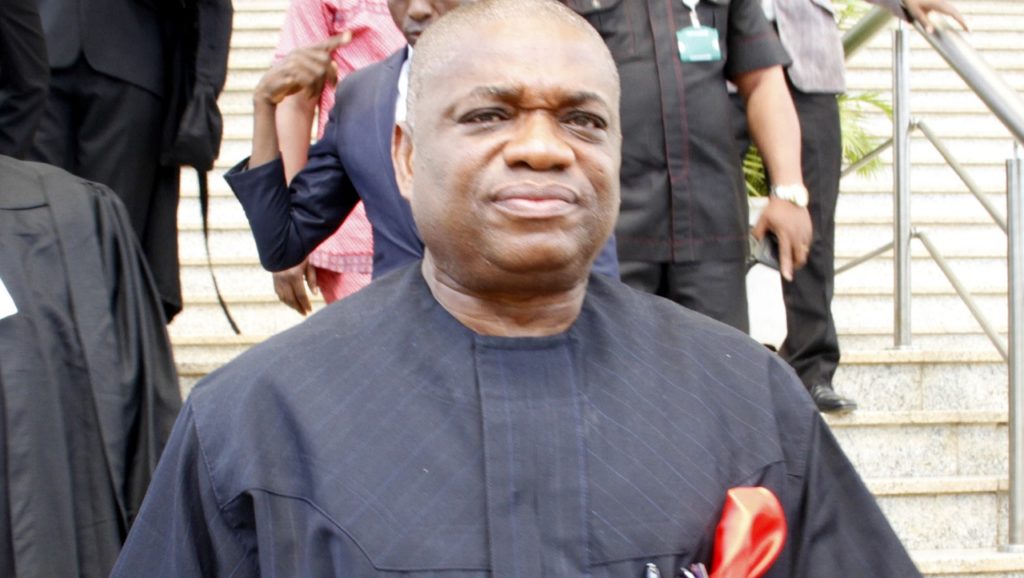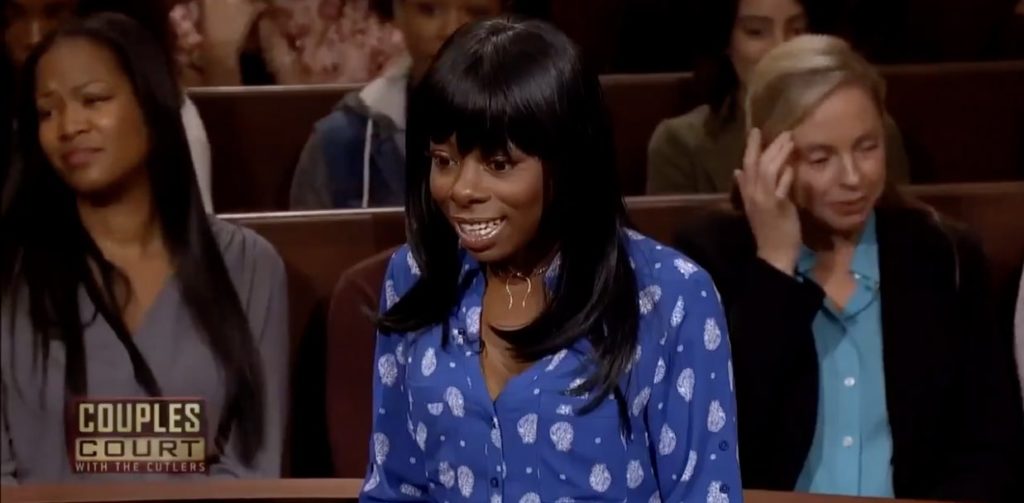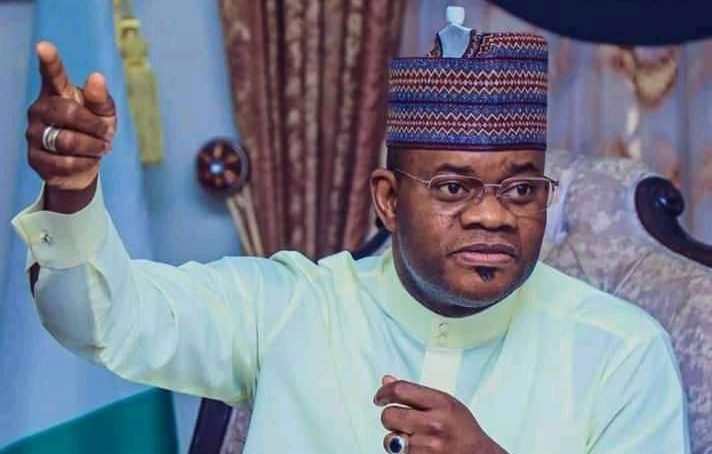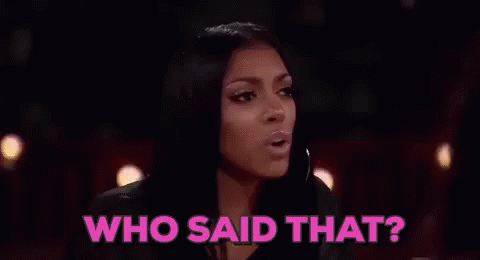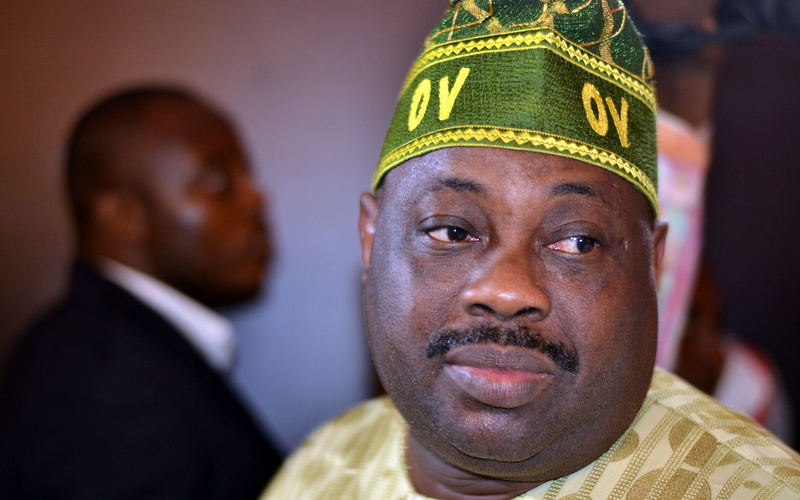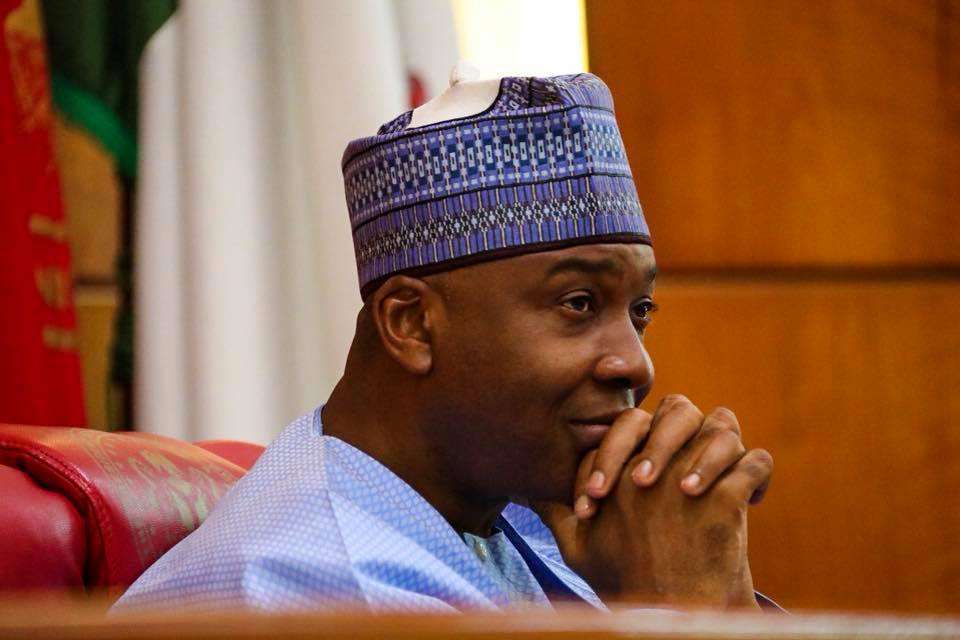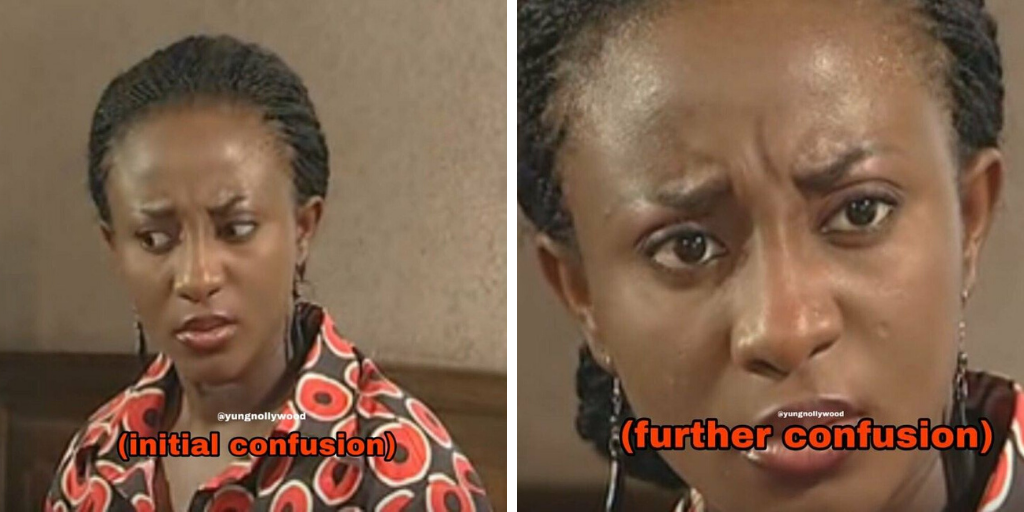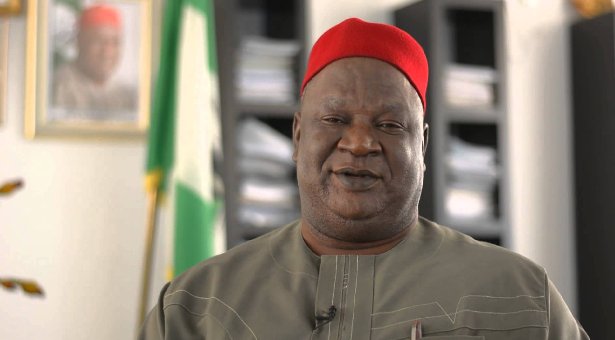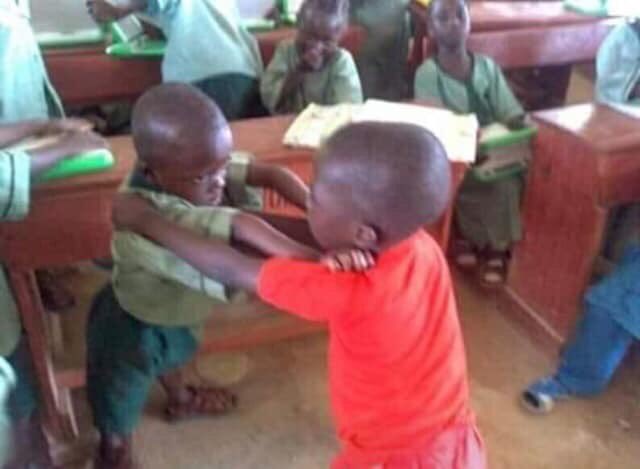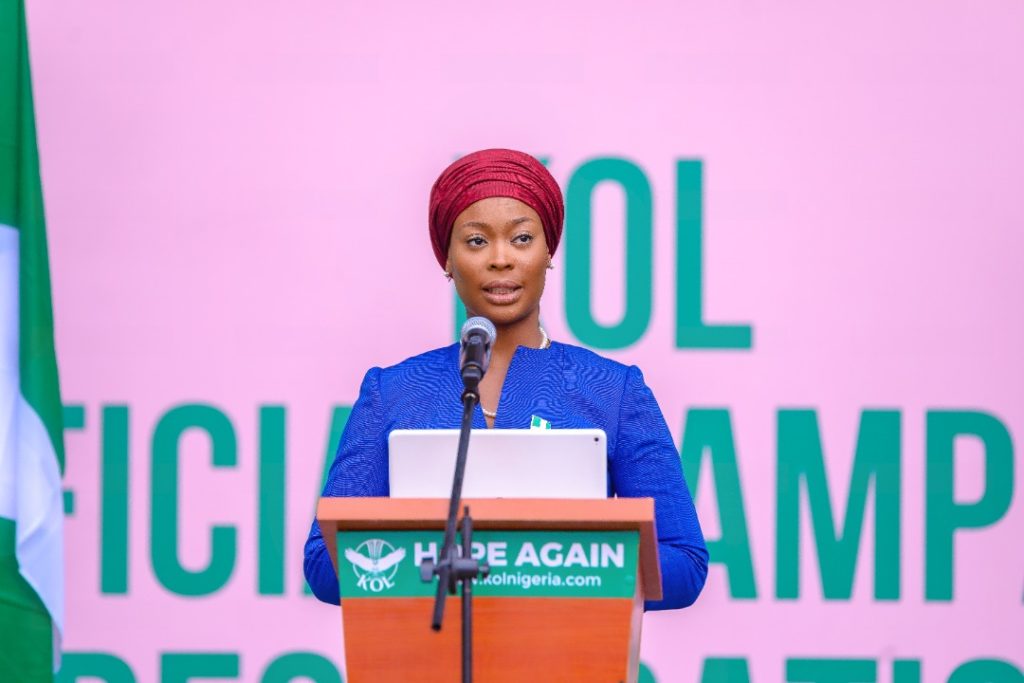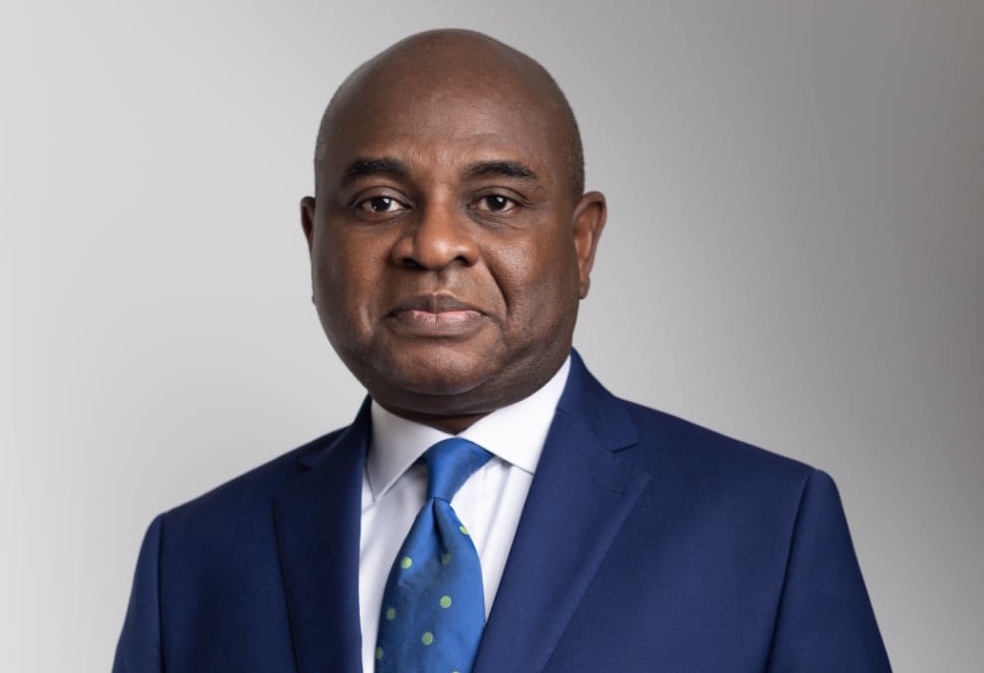Polls have closed across the 28 states participating in Nigeria’s 2023 governorship and state assembly elections on March 18, 2023 — except for where INEC postponed polls.
While we await INEC’s official collation and announcement, here are some interesting data points to note:
There are a lot of old governorship candidates
To become a Nigerian governor, candidates must be at least 30 years of age — but the statistics from Independent National Electoral Commission (INEC) show the average governorship candidate age as 51. Those seeking re-election just happen to be around 58.
Yup, this old.
Two hundred and seventeen (217) governorship candidates are between 51 and 65 years old. The oldest governorship candidate, Abdulraheem Shuaibu Oba of the New Nigeria People’s Party (NNPP) in Kwara state, is 74 years old. The youngest candidates, 20 of them, are only 35 years old.
So, your new governor is likely a 50-year-old moonlighting as a youth.
Nigeria could have its first elected female governor
Women have always been the underdogs in Nigerian politics. In the 2019 elections, only 21 women made it to the National House of Assembly out of 469 members.
That trend doesn’t seem to change anytime soon, as only 25 of 417 candidates for the governorship elections are women. And their chances don’t look good against their male counterparts.
However, there seems to be a solid female candidate from Adamawa, Aishatu “Binani” Dahiru of the All Progressives Congress (APC). If all goes well, she could very well be Nigeria’s first female governor. And that could inspire more female participation in Nigerian politics.
Recommended: Will the North Produce Nigeria’s First Female Governor?
Seyi Makinde is the last G-5 governor standing
The G5 governors were a group of five governors of the People’s Democratic Party who were beefing with Atiku’s candidacy as president. This was due to their belief that zoning for the presidential candidacy should have come from the South instead of the North.
Even though their wishes were granted with Atiku’s loss during the presidential election, things didn’t exactly turn out well for the governors.
Enugu’s Ifeanyi Ugwuanyi, Abia’s Okezie Ikpeazu and Benue’s Samuel Ortom lost their senatorial bids. And their ringleader, Rivers State Governor Nyesom Wike, is not even on the ballot.
You thought I’ll be part abi? Dey play.
Now all eyes are now on Oyo State governor, Seyi Makinde. Would he win or lose his re-election bid? Only time will tell.
God abeg
Nigerians could get results faster through IReV
The failure of INEC’s Result Viewing Portal (IReV) during the presidential elections may have served as the commission’s wake-up call.
As of 9:45 p.m. yesterday, Stears observed results pouring in from various parts of the country. For instance, 75% of Oyo state’s polling units have reported. In Enugu, it’s 79%, while Lagos and Rivers are at 55% and 62%, respectively.
Now result uploads have hit a 77.4% average completion rate. Oyo State results are currently at a 94.7% completion rate. However, no state or LGA gubernatorial candidate has been declared the winner yet.
Lagos results could come in slower than the others
As of yesterday, INEC postponed elections in 8 polling units in the Victoria Garden City (VGC) area of Lagos State until today.
Thus, we expect Lagos State results will come in later.
Follow the results with us at Zikoko Citizen by visiting our election tracker page.
To be part of the conversation, join our WhatsApp community here.




